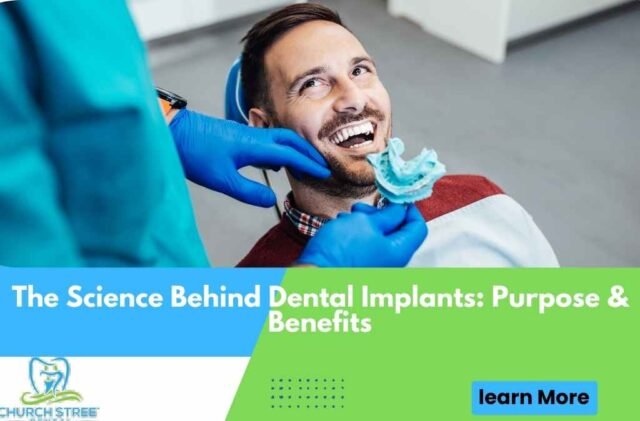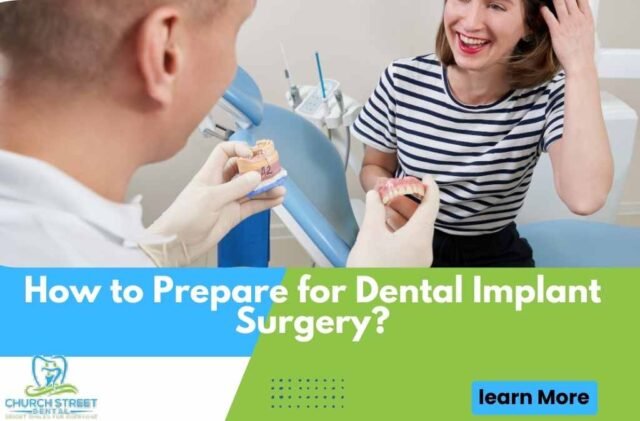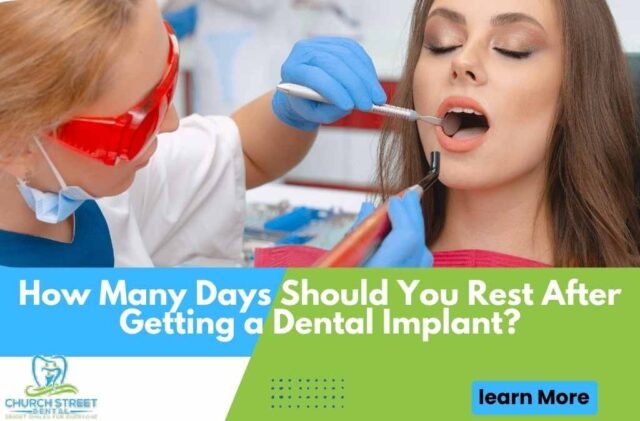Dental emergencies can strike at any time, causing significant pain and distress. Whether it’s a sudden toothache, a chipped tooth, or a more severe issue, understanding what constitutes a dental emergency and how to handle it is crucial. In this article, we’ll explore the most common types of dental emergencies, provide guidance on what qualifies as an emergency, and offer tips on how to manage these situations until you can see a dentist. By the end, you’ll be better prepared to handle dental emergencies, ensuring you get the care you need when you need it most.
Understanding Dental Emergencies
Common Dental Emergencies
Dental emergencies are situations where immediate attention is required to save a tooth, alleviate severe pain, or prevent an infection from spreading. These emergencies are more common than many people realize, and knowing how to identify them can make all the difference in ensuring the best possible outcome. Some of the most common dental emergencies include severe toothaches, broken or chipped teeth, knocked-out teeth, and infections or abscesses. Each of these situations requires prompt attention to avoid further complications.
What Qualifies as a Dental Emergency?
Not every dental issue requires immediate attention, so it’s important to understand what qualifies as a dental emergency. In general, if you’re experiencing severe pain, bleeding, or a knocked-out tooth, you should seek emergency dental care. Issues like minor toothaches or chipped teeth without pain can often wait for a regular dental appointment. However, if you’re unsure whether your situation qualifies as an emergency, it’s always better to err on the side of caution and contact an emergency dentist for advice.
Types of Dental Emergencies
There are various types of dental emergencies, each with its own set of symptoms and treatment protocols. Some of the most common types include:
- Severe Toothaches: Often caused by infections or cavities that have reached the tooth’s nerve.
- Chipped or Broken Teeth: These can occur due to accidents, sports injuries, or biting down on hard objects.
- Knocked-Out Teeth: Immediate action is required to save the tooth.
- Infections or Abscesses: These can lead to severe pain and swelling and may spread if not treated promptly.
- Lost Fillings or Crowns: While not always painful, these can expose the tooth to further damage and decay.
Specific Types of Dental Emergencies
Most Frequent Dental Emergencies
Among the various dental emergencies, some are more common than others. Severe toothaches top the list, often resulting from untreated cavities or infections. Chipped or broken teeth are also frequent, especially among those who play contact sports or have habits like grinding their teeth. Knocked-out teeth, while less common, require immediate attention to have any chance of saving the tooth. Abscesses, which are infections that form at the root of the tooth or in the gums, are also serious and can lead to more severe health problems if not treated quickly.
Urgent Dental Issues
Urgent dental issues are those that require immediate attention but are not necessarily life-threatening. These include severe toothaches, broken teeth, and lost fillings or crowns. While these issues may not pose an immediate danger to your health, they can cause significant pain and discomfort, and delaying treatment can lead to more serious complications. For example, a severe toothache may indicate an infection that could spread if not treated promptly. Similarly, a broken tooth can expose the inner layers of the tooth to bacteria, leading to decay or infection.
Emergency Dentist for Broken Teeth
Broken or chipped teeth are among the most common dental emergencies. Whether the result of an accident, a sports injury, or biting down on something hard, a broken tooth can be both painful and alarming. If you experience a broken tooth, it’s important to seek emergency dental care as soon as possible. Depending on the severity of the break, your dentist may be able to repair the tooth with a filling, crown, or veneer. In more severe cases, where the break has exposed the tooth’s nerve, a root canal may be necessary to save the tooth.
Symptoms and Signs of Dental Emergencies
Signs of a Dental Emergency
Recognizing the signs of a dental emergency is crucial for getting the timely care you need. Common signs include severe pain, swelling, bleeding, or a tooth that has been knocked out. If you’re experiencing any of these symptoms, it’s important to contact an emergency dentist immediately. Other signs of a dental emergency include a loose tooth, even if there’s no pain, or a persistent sore in your mouth that doesn’t heal. These symptoms could indicate a more serious underlying issue that requires prompt attention.
How to Identify a Dental Emergency
Identifying a dental emergency can be tricky, especially if the symptoms are not severe. However, certain signs should never be ignored. Severe pain that doesn’t go away with over-the-counter painkillers is one of the most obvious signs of a dental emergency. Other indicators include swelling in the face or gums, which could suggest an infection, and bleeding that doesn’t stop after applying pressure. If you’re unsure whether your situation qualifies as an emergency, it’s always best to err on the side of caution and seek advice from a dental professional.
Managing Dental Emergencies
Handling Dental Emergencies at Home
While it’s always best to seek professional care as soon as possible, there are steps you can take at home to manage a dental emergency until you can see a dentist. For a knocked-out tooth, try to place the tooth back in its socket without touching the root, or keep it in a container of milk until you can get to the dentist. For a severe toothache, rinse your mouth with warm water and use dental floss to remove any trapped food. Avoid using aspirin directly on the tooth or gums, as this can cause burns. Applying a cold compress to the outside of your mouth can help reduce swelling and pain.
Emergency Dental Care for Tooth Pain
Tooth pain can range from mild discomfort to unbearable agony, and knowing how to manage it is essential. If you’re experiencing severe tooth pain, it’s important to contact an emergency dentist as soon as possible. In the meantime, over-the-counter pain relievers can help manage the pain, but they should not be relied upon as a long-term solution. Rinsing your mouth with warm salt water can also help reduce inflammation and kill bacteria. In some cases, a cold compress can help numb the area and reduce swelling.
Dental emergencies can be frightening and painful, but knowing what to do in these situations can make all the difference. Whether you’re dealing with a severe toothache, a broken tooth, or a knocked-out tooth, it’s important to seek emergency dental care as soon as possible. Remember, timely intervention can save your tooth and prevent more serious health issues down the line. If you ever find yourself in need of emergency dental care, don’t hesitate to contact a professional. At Church Street Dental, located in Chicopee, MA, we offer a wide range of dental services to help you manage any dental emergency you may face.






